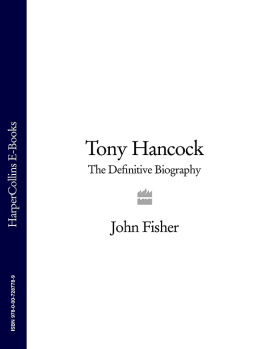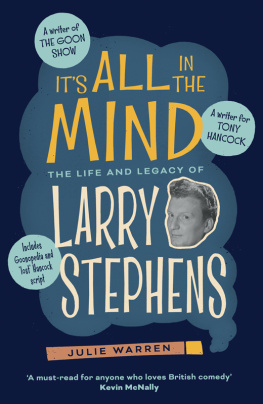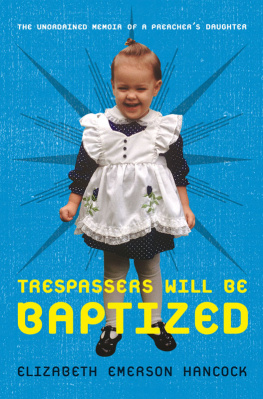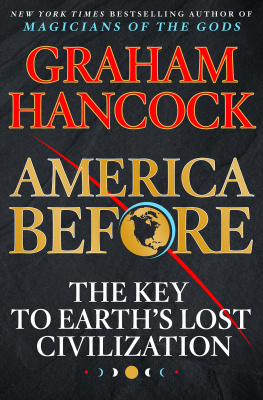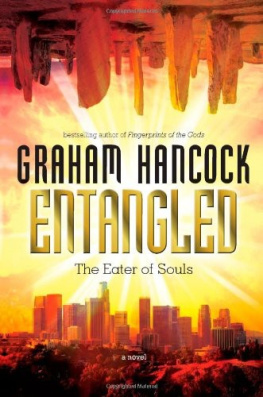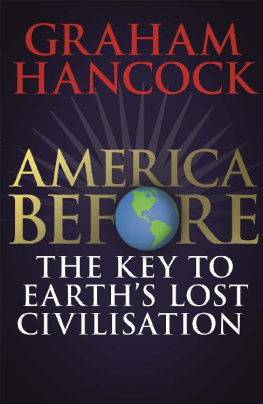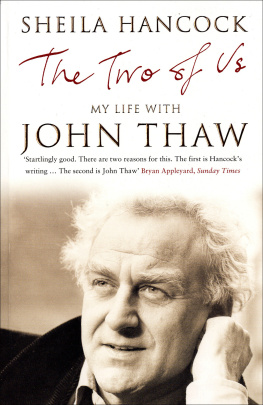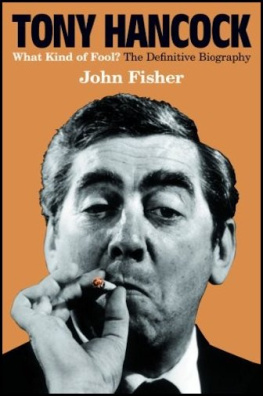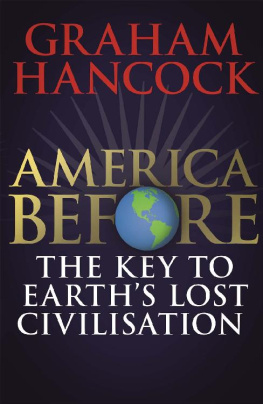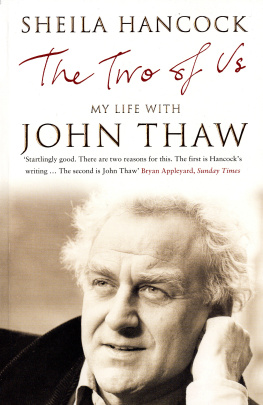Sid James used to claim that he learned his lines during the television commercials. That was always a sore point with me, a plodder who takes about three hours to learn one page. All the time I sweated over my own script, going through what I call my hair shirt routine, I imagined Sid looking up from a cornflakes advertisement and saying, Hmm yes, Ive got that, and I could have killed him.
I shall always remember the day I went to Pinewood to watch him playing a part in Chaplins picture A King in New York. He had a foolscap page and a half of dialogue to learn. He handed it to me and said, Give us a run through, will you? I rehearsed it with him a couple of times and by then he was word perfect.
I was lucky to get on the set at all. Chaplin liked to work on his film behind locked doors and it was a long time before his production assistant would admit me into the fortress. All I wanted to do was to watch a genius at work, and seeing A King in New York come to life under that mans magic touch was an unforgettable experience. His vitality was astounding. He seemed to be everywhere at once, directing a scene here, playing in one there, and never sitting down for a moment.
For a comedian to leave behind that kind of echo ofremembered laughter it is hard to think of his lifeas a complete tragedy. Denis Norden
He would have relished the fact that by Coronation Year his name had been immortalised in a dirty joke. As a performer he renounced smut at an early age, but years later my school playground rallied to the cheeky charade of which his idol, Max Miller, would have been proud. Four deft pats on their respective body parts posed the question Whos this? and said it all. Toe knee han cock! The playground, then as now, knew no taboos. We all performed it out of bravado. And it is reassuring to learn that while he never allowed his professional funny side to stray into the double entendre terrain of seaside comic postcards colonised by the great Maxie himself, nevertheless from an early age the lad himself would have been at the harmless vanguard of such fun.
I had the edge over the other members of my peer group in that I had seen our eponymous hero with my own two eyes. Hancock first became crystallised in the national consciousness by the radio comedy series, Educating Archie, starring ventriloquist Peter Brough and his dummy Archie Andrews. No sooner had the programme taken wing than Brough was touring the variety theatres with a stage show capitalising on its success. In November 1951 the pair arrived to spend a week at my local theatre, the Gaumont in Southampton. To a small child fast approaching seven years of age Archie was a real live boy, as genuine as any who would share that playground joke a year or so later. I prevailed upon my parents to take me to see my idol in the flesh. The parade of acts that preceded Broughs ventriloquial turn stays etched in my memory to this day: Ossie Noble, a clown of antic finesse, able to fling an unruly deckchair across the stage in such a way that it stopped just short of the wings in perfect sitting position; Edward Victor, a hand shadow artist who secured the biggest applause of the evening with his pice de rsistance, a silhouette of Winston Churchill puffing at his cigar; Ronald Chesney, a virtuoso harmonica player with the uncanny knack of making his instrument talk; and a young girl singer hitting the high notes with, I now realise, a vocal control unusual for her years, Julie Andrews. The last two were regular members of the radio cast, as was the comedian on the bill, Tony Hancock.
It seems appropriate now that, on the show that introduced me to the delights and serendipity of variety, he should be there. Outside of the pantomime, he was the first comedian I saw perform on a theatre stage, and he set the standard thereafter. To those whose memory of Hancock is geared to his later Hancocks Half Hour success, this performance would have been a total surprise, a triumph of visual athleticism as he threw himself into a series of impersonations of the sportsmen who featured in the opening titles of the GaumontBritishNewsreel, preceded by a display of miming skill as he jerked and contorted his hands and arms and legs into an impression of an increasingly rampant robot to illustrate the song he was singing. When a few years later the theatre critic Kenneth Tynan outlined his concept of high-definition performance, he might have had Hancock in mind, although at the time all I cared about as he created physical patterns that seemed to linger in the air was the pain of laughter in my side.
Personal experience tells me that our favourite funny men inspire a loyalty that other entertainers seldom achieve. As Hancocks career gathered momentum and prestige, he came to define the era of his greatest success my childhood and teen years with almost Proustian exactness, while his comparative fall from critical grace during the 1960s seemed to make its own comment upon a harsher and more cynical world. Only something transcending mere nostalgia can account for the emotional tug of war that his staunchest fans experienced as we observed the highs and lows of his career. When the slide set in, comedy however brilliant Howerd and Steptoe and Pete & Dud proved to be never seemed the same again. One was always waiting for Hancock to dazzle in a way that would cap the achievements of his rivals, but it never truly came. When I heard the news of his death in the summer of 1968, the hollowness of the moment seemed to say that we, his public, had failed him, that he had never been repaid for the great years. This book is an attempt to redress that debt.
Of the volumes produced on the life and work of Tony Hancock in the years following his demise, none has possibly made the impact of the first, a memoir by his second wife, Freddie Ross Hancock, written in association with that astute journalist David Nathan and published a stark year after his death. Temporarily the book, a frank and honest account of the troubles that beset the comedian down the years as well as a wider biographical treatment, turned its subject into basest clay. Emerging from a sheltered childhood protected by the enduring love of my parents marriage, I experienced the chill of disappointment to discover that the man I revered had been possessed by unconsidered demons. His apparent inconsiderateness and cruelty, awash in the dregs of an alcoholic despair, were nothing if not distressing to me at so impressionable an age. The book had been a gift from my parents and I recall wanting to keep it from them, so sensitive was I to the alienating aspects of its subject as he was depicted therein.
Maturity teaches that there exist the two clichd sides to any story. In time I discovered that all star performers are marionettes whose strings are drawn upwards by the publics expectation of them, whether on stage or off. We tend to place a burden on the object of our admiration that at times places honesty off limits. But the candour of Nathans text may have been self-defeating. In subsequent years the Hancock biographical record has not been helped by much that has been speculative and sensation-seeking. The doom and gloom of the final act of the story has always suggested a tragedy with few, if any, mitigating features, while in the years since his suicide in Australia in 1968 the myths have cohered and clung like barnacles to the hull of his reputation. It has therefore been rewarding to discover for much of the time a lighter, happier, even ordinary Hancock as the veils of my research have lifted; also a performer who managed to succeed for so long despite his innate insecurity, rather than someone who failed because of it. The alcoholic excess and its attendant troubles clouded only the last few years of a spectacular career, while, as Roger Wilmut, zealous chronicler of the Hancock career in all media, has pointed out, he was capable of giving fine stage performances far away in Melbourne as late as 1967. Forty years on he continues to stand tall as arguably the greatest British comedian of my lifetime. Certainly in terms of the broadcast media it is impossible to think of anyone who has subsequently surpassed his achievement. There was little that was funny about his insatiable desire for perfection and the self-doubt that came in its wake, but the sorrow at the end has to be balanced by the utter delight of a nation in his comic skills. As Denis Norden, the doyen of British comedy scriptwriters, has said, For a comedian to leave behind that kind of echo of remembered laughter it is hard to think of his life as a complete tragedy.

